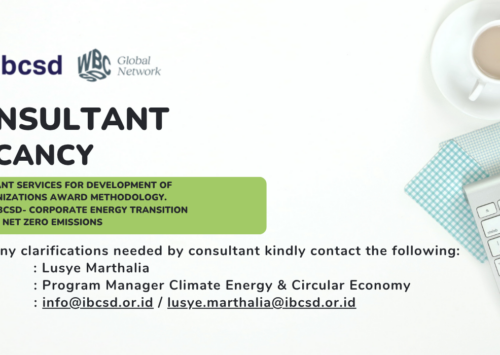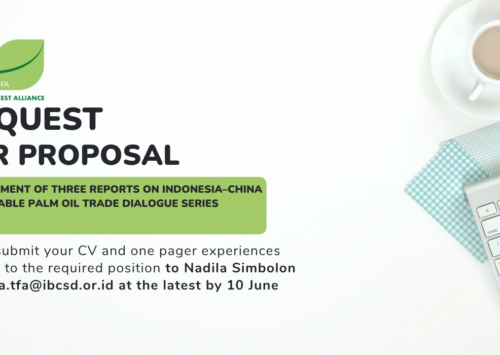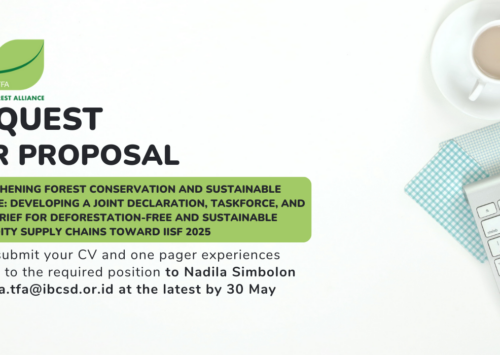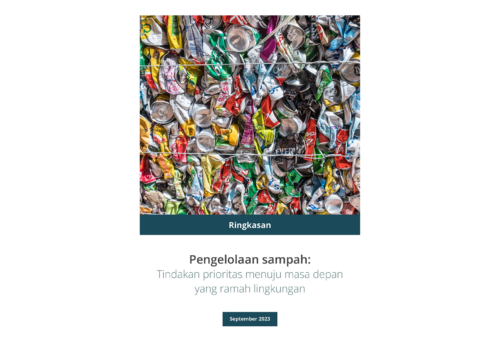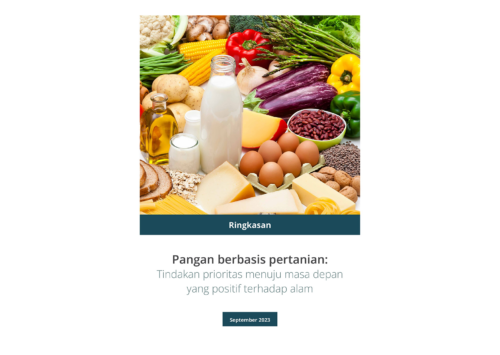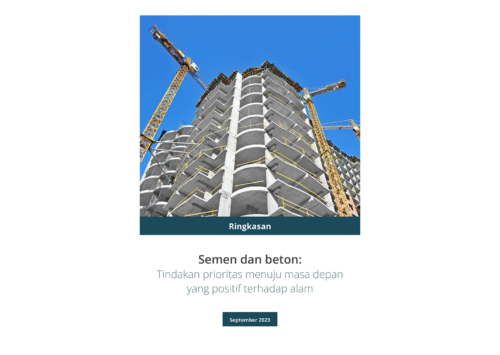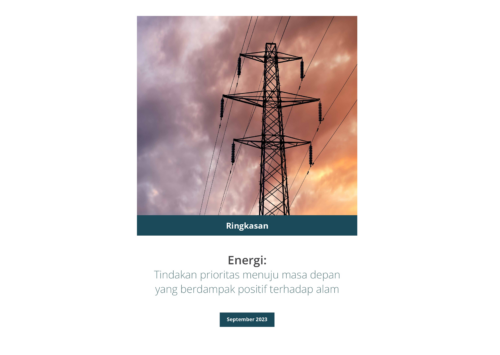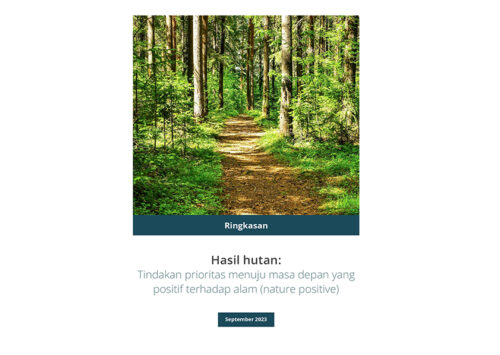Pustanlinghut noted, from 2016 to 2019 there has been an increase in registered environmentally friendly products. In 2019 there was a significant increase with 23 products that have been registered as products that meet the type I ecolabel, where in 2016 there were only 4 products. For products with ecolabel type II, from 2016 to 2019 there was an increase from 18 products to 27 products. Meanwhile, the adoption of a greener lifestyle and the behaviour of “green consumerism” has already begun in society.
“The results of a survey by WWF-Indonesia and the Nielsen Survey in 2017 show that as many as 63% of Indonesian consumers are willing to consume environmentally friendly products even at a higher price. This shows a significant increase in consumer awareness and indicates the readiness of the domestic market to absorb products that are produced sustainably. However, from the same survey results, 53% stated that they could not find environmentally friendly products in local shops, “said Lilik Unggul Rahardjo, Executive Committee of IBCSD.
The Director of Consumer Empowerment at the Ministry of Trade, Ojak Simon Manurung also added, “green consumers, according to the Consumer Empowerment Index, consumers in Indonesia are categorized as” capable “or consumers think first about the goods to be consumed, therefore ecolabel education and others are needed.”
To welcome the emergence of “green consumerism” and encourage increased availability of goods and services with ecolabeling, various efforts were made. One example is ecolabel training for the business sector as a provider of environmentally friendly goods and services, such as the one that conducted by the Indonesia Business Council for Sustainable Development (IBCSD). The virtual training lasted for two days, with dozens of company representatives attending as participants.
Business actors and businesses as a whole are expected to start implementing responsible consumption and production processes in accordance with SDG 12, so that they can continue to survive. Using a platform such as the Greenlifestyle working group established by IBCSD can be an alternative for learning and seeking information for a more sustainable business.
—————————–
